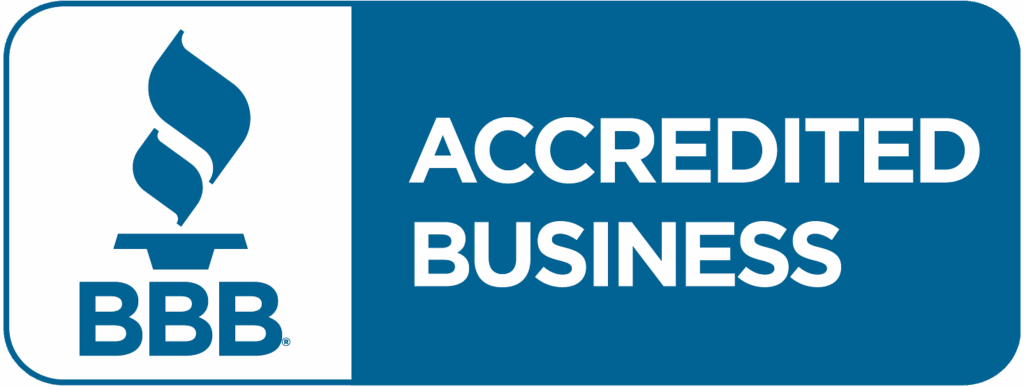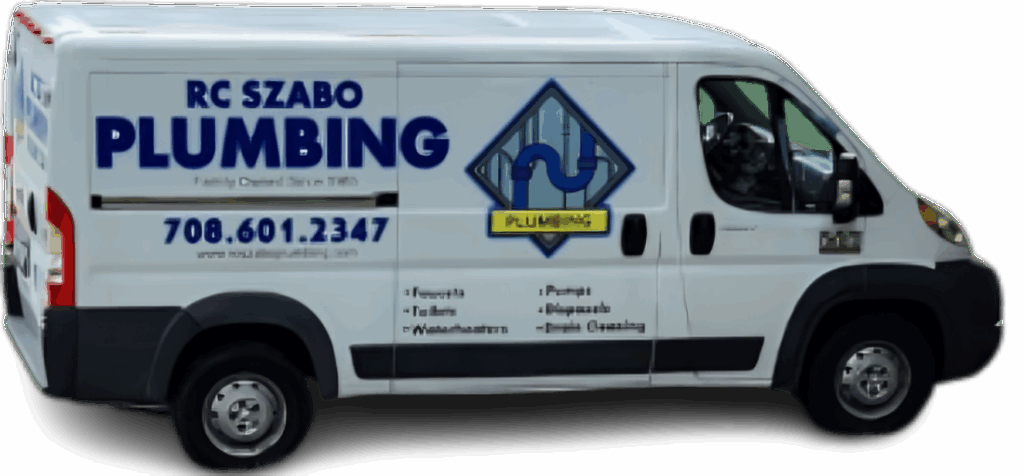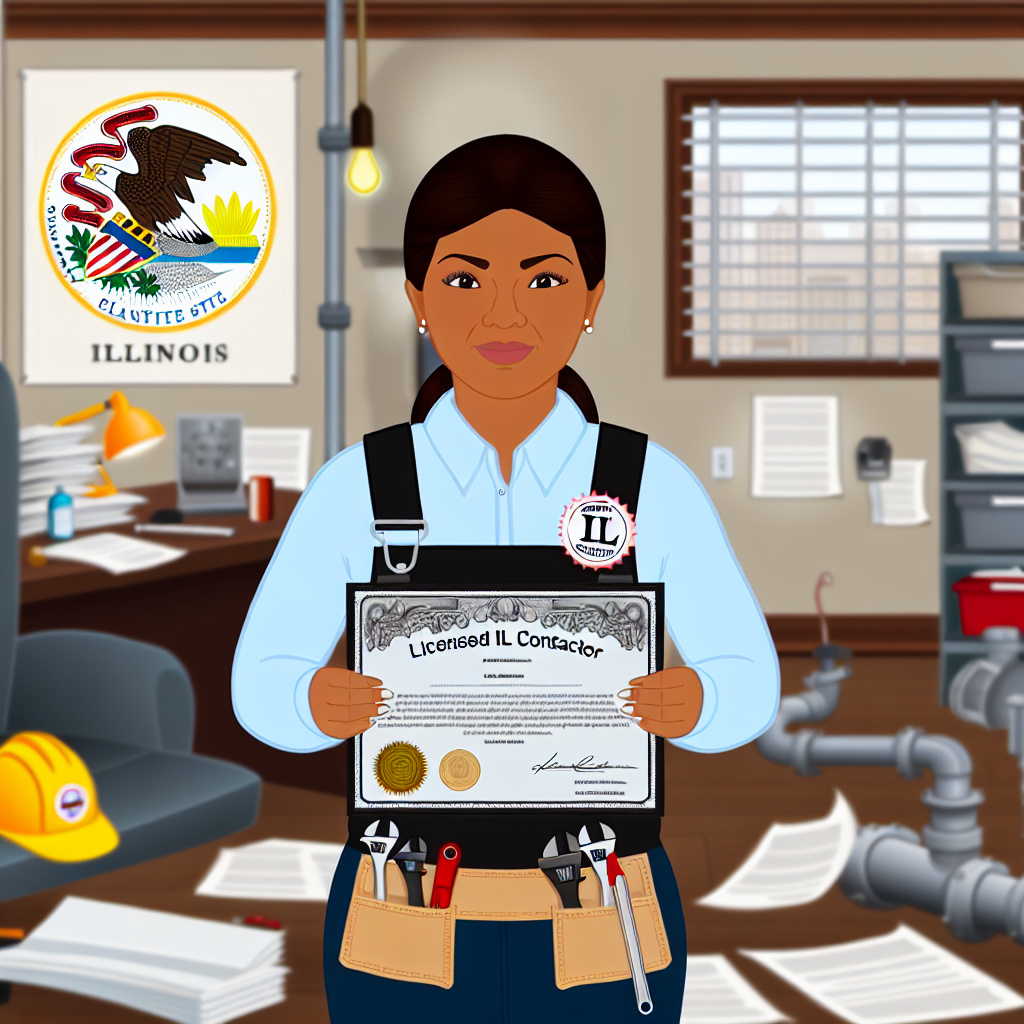Plumbers and Plumbing Contractors Licensing in Illinois: A Comprehensive Guide
For plumbers and plumbing contractors in Illinois, understanding the licensing and certification process is critical — not only for legal compliance but also for building a trustworthy and sustainable business. Whether you’re just starting as an apprentice or running an established plumbing service, navigating the requirements set by the Illinois Department of Public Health (IDPH) ensures your work is recognized, your reputation is protected, and your customers are safe.
In this in-depth guide, we’ll explore everything you need to know about obtaining and maintaining an Illinois plumbing license. From plumbing apprentice registration to renewing your plumbing contractor certification in IL, we’ve got you covered.
Table of Contents
- Why Plumbing Licensure Matters in Illinois
- Types of Plumbing Licenses in Illinois
- How to Get a Plumber’s License in Illinois
- License Renewal and Continuing Education for Plumbers in IL
- Penalties for Operating Without a License in Illinois
- Summary: What You Need to Get Licensed in Illinois
- Why Licensing Protects Both Contractors and Homeowners
Why Plumbing Licensure Matters in Illinois
Licensing in the plumbing industry is much more than a bureaucratic step. It ensures that all professionals meet strict standards for health, safety, and technical expertise. For consumers, a valid license provides peace of mind. For contractors, it builds legitimacy — and protects against fines and legal trouble.
The Illinois Plumbing License Act, administered by the Illinois Department of Public Health (IDPH), sets licensing standards to protect both public health and workers’ livelihoods.
Key Benefits of Licensing:
- Ensures compliance with IDPH plumber rules
- Safeguards property and health with qualified workmanship
- Establishes trust with homeowners and commercial clients
- Enables contractors to access insurance and bonding
- Protects against fines and civil penalties
Types of Plumbing Licenses in Illinois
Illinois recognizes three primary levels of plumbing professionals. Each has unique roles, requirements, and limitations under the state law.
1. Apprentice Plumber
🔧 Definition: Individuals learning the plumbing trade under the direct supervision of a licensed plumber.
🔧 Requirements:
- Must be at least 16 years old
- Employed by a licensed plumber or licensed plumbing contractor
- Enrolled in an IDPH-approved apprenticeship program
- Must register annually with the IDPH
Important: Apprentices must always work under direct supervision. They cannot perform work unsupervised or obtain permits.
2. Licensed Plumber (Journeyman)
🔧 Definition: A skilled professional who has successfully completed an apprenticeship and passed the state licensing exam.
🔧 Requirements:
- At least 18 years old
- Completion of a 4- to 5-year apprenticeship (typically 8,000 hours)
- Must pass the Illinois Plumber Licensing Exam (administered by IDPH)
- Submit an application form, proof of education, employment history, and apprenticeship
Once licensed, a plumber can work independently under a plumbing contractor or start their own business (with contractor licensing).
3. Plumbing Contractor
🔧 Definition: A licensed plumber authorized to run a plumbing business and pull permits
🔧 Requirements:
- Must hold a valid Illinois plumber’s license
- Must register as a plumbing contractor with IDPH
- Provide proof of:
- $300,000 general liability insurance
- $50,000 minimum surety bond
- Business entity registration with the State of Illinois (LLC, corporation, etc.)
- A completed plumbing contractor application and applicable fee
Registered plumbing contractors can hire journeymen and apprentices, submit permit applications, and perform work under their business entity across the state.
How to Get a Plumber’s License in Illinois
Navigating through applications, training, and exams can be overwhelming. Let’s break it down by license type:
Apprentice to Licensed Plumber Path
- Register with IDPH as an apprentice each year
- Enroll in a certified apprenticeship program (union or non-union)
- Complete 8,000 hours (typically 4–5 years) of on-the-job training
- Complete a minimum of 144 hours per year of related classroom instruction
- Apply to take the Illinois Plumber Licensing Exam
Taking the Illinois Plumbing Licensing Exam
The Illinois Plumber Licensing Exam is administered by IDPH and offered several times per year. Here’s what you need:
- $175 exam fee (as of 2024)
- Completed application with education and apprenticeship documentation
- A passing score of at least 70%
The exam covers topics such as:
- Illinois Plumbing Code
- Public health safety rules
- Blueprint reading
- Advanced plumbing installation principles
Becoming a Plumbing Contractor
Once licensed as a plumber, you can take the next step to become a plumbing contractor. You’ll need:
- To be in good standing with IDPH
- Liability insurance and surety bond filings
- Business registration with the State of Illinois
- Completed contractor application and contractor fee
More details and forms: IDPH Plumbing Program
License Renewal and Continuing Education for Plumbers in IL
Licenses don’t last forever — staying compliant means renewing your license and continuing your education.
License Renewal at a Glance
- Frequency: Every year by April 30
- Fee: $100 for plumbers; $150 for contractors (as of 2024)
- Process:
- Complete online renewal via IDPH portal
- Provide updated insurance (for contractors)
- Pay renewal fee
- Report continuing education if applicable
Miss the renewal window? Reinstatement may require additional steps and late fees.
Continuing Education Requirements
To maintain your license, master plumbers and contractors must meet annual continuing education standards.
- Minimum Hours: 4 hours of CE annually
- Approved Providers: Must be IDPH-approved instruction (in-person or online)
- Topics Include:
- New plumbing technologies
- Illinois Plumbing Code updates
- Health and safety practices
- Business compliance and ethics
The IDPH maintains a list of approved Continuing Education (CE) providers here.
Failure to complete CE hours can result in denial of license renewal.
Penalties for Operating Without a License in Illinois
Operating without a valid Illinois plumbing license can lead to severe financial and legal consequences. Both individuals and companies must comply.
Common Violations and Consequences
- Unlicensed plumbing work: Can result in cease and desist orders
- Fines of up to $5,000 per offense
- Legal action from the IDPH or Illinois Attorney General
- Loss of potential business clients
- Difficulty obtaining insurance or bonding
The IDPH routinely investigates and prosecutes reports of unlicensed activity. Additionally, local municipalities often verify licenses before issuing plumbing permits — making it nearly impossible to operate legally without state certification.
Summary: What You Need to Get Licensed in Illinois
Here is a quick checklist of what you need depending on your licensing level:
Apprentice Plumber
- Be at least 16 years old
- Register annually with IDPH
- Enroll in an approved apprenticeship
- Work under a licensed plumber
Licensed Plumber
- 18+ years old
- Complete certified apprenticeship
- 144+ classroom training hours/year
- 8,000 hours on-the-job training
- Pass the Illinois Plumber’s Exam
- Submit application and fee
Plumbing Contractor
- Valid IL plumber license
- Business entity registered in IL
- $300k liability insurance
- $50k surety bond
- Submit contractor application and fee
Why Licensing Protects Both Contractors and Homeowners
You might wonder — with so many steps, is licensing worth it? Absolutely. It benefits everyone involved in both the short-term and long-term.
Protection for Contractors
- Increased business legitimacy: Licensed plumbers can advertise their credentials and gain access to more jobs, projects, and partnerships.
- Legal and financial safeguards: Licensed professionals are less likely to face fines or lawsuits. They also qualify for more insurance and bonding options.
- Skill development & professionalism: Apprenticeship and CE requirements ensure ongoing growth and competence.
Protection for Homeowners
- Quality assurance: Licensed plumbers know Illinois plumbing code and health regulations inside and out.
- Legal recourse: If work goes wrong, homeowners have the state to turn to.
- Find certified experts: Many homeowners will only hire licensed and insured contractors for peace of mind.
Resources for Illinois Plumbing Contractors and Apprentices
Looking for support as you navigate your licensing journey? Here are some trusted resources:
You can also connect with:
- Illinois Plumbing-Heating-Cooling Contractors Association (ILPHCC)
- Local trade unions (UA Local 130)
- Community colleges with plumbing certification programs
Call to Action: Stay Compliant. Stay Competitive.
As a professional in Illinois’ plumbing industry, your license isn’t just a credential — it’s your badge of honor. Whether you’re just getting started or managing a plumbing business, staying licensed, certified, and educated is the path to long-term success.
If you’re unsure about your next steps, reach out to a mentor, join a professional association, or contact IDPH directly for guidance. Your reputation—and your future—depend on staying compliant.
🔧 Keep your Illinois plumbing license active.
📘 Meet your continuing education requirements.
✅ Renew on time and avoid costly penalties.
Questions? We’re here to help.
📞 Call us at (123) 456-7890
📱 Follow us on Facebook and Instagram @PlumbersILSupport
💬 Message us any time for professional mentoring or licensing help
Stay licensed. Stay trusted. Grow your reputation the right way.




